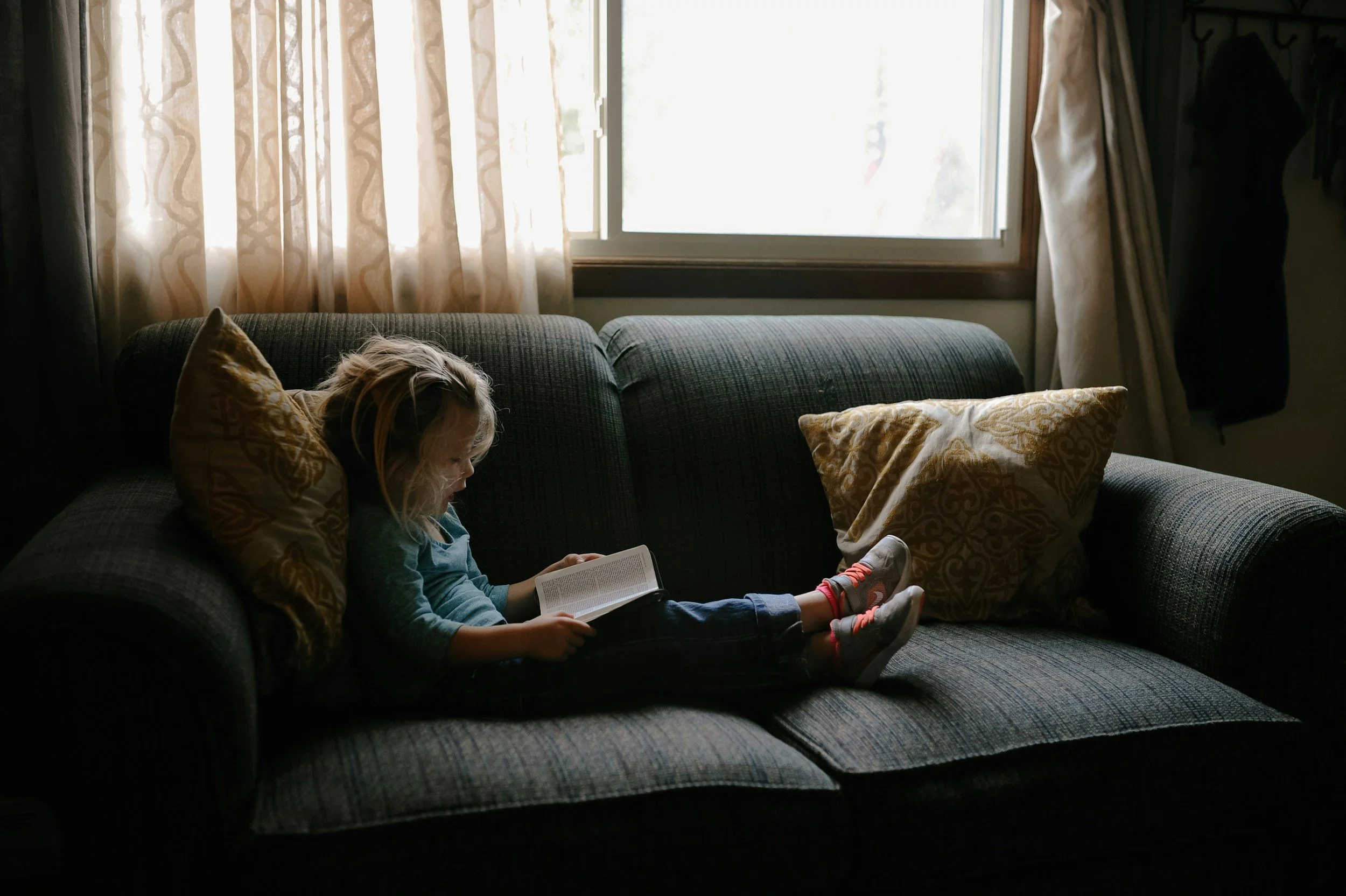Divorce Guide: Will Divorce Hurt My Kids?
Divorce is undoubtedly a difficult and brave decision, especially when children are involved. The question, "Will divorce hurt my kids?" weighs heavily on the hearts of many parents navigating the complexities of separation. However, it's essential to understand that divorce, when handled with care and sensitivity, does not have to be detrimental to children. In fact, it can lead to healthier outcomes for families in the long run.
Here's why divorce can be healthy for children and families:
1. Reduced Conflict: Staying in an unhappy or conflicted marriage can expose children to constant tension and stress. By choosing divorce, parents can create a more peaceful and harmonious environment for their children, free from the strain of ongoing conflict.
2. Emotional Well-being: Children are highly perceptive and can sense when their parents are unhappy or struggling. Witnessing parental discord can negatively impact children's emotional well-being, leading to anxiety, depression, and behavioral issues. Divorce can alleviate these emotional burdens and provide children with a sense of stability and security.
3. Positive Role Modeling: By prioritizing their own happiness and well-being, parents model healthy relationship dynamics and self-care for their children. Teaching children to value their own needs and boundaries sets a positive example for navigating relationships and prioritizing personal fulfillment in adulthood.
4. Open Communication: Divorce often necessitates open and honest communication between parents and children about the changes occurring within the family structure. These conversations, though challenging, can foster trust, resilience, and emotional intelligence in children, empowering them to express their feelings and adapt to new circumstances.
5. Co-parenting Collaboration: Successful co-parenting arrangements post-divorce emphasize cooperation, respect, and shared decision-making for the well-being of the children. When parents commit to effective co-parenting strategies, children benefit from maintaining healthy relationships with both parents and feel supported in navigating the transition.
6. Opportunities for Growth: While divorce represents an ending, it also signifies a new beginning—a chance for personal growth, self-discovery, and reinvention for both parents and children. Embracing change as an opportunity for resilience and adaptation can instill valuable life skills and foster a sense of optimism for the future.
While divorce can initially evoke feelings of uncertainty and apprehension, it does not inherently harm children. By prioritizing emotional well-being, fostering open communication, and nurturing positive family dynamics, parents can navigate divorce in a way that promotes resilience, growth, and the well-being of their children. Remember, with love, understanding, and support, families can emerge from divorce stronger, more compassionate, and better equipped to embrace the journey ahead.
Resources for divorce and children:
Podcast:
Books:
Cooperative Co-Parenting for Secure Kids: The Attachment Theory Guide to Raising Kids in Two Homes by Aurisha Smolarski (read our review here!)
Divorce Is Not the End of the World: Zoe's and Evan's Coping Guide for Kids
Why Do Families Change?: Our First Talk About Separation and Divorce
Standing on My Own Two Feet: A Child's Affirmation of Love in the Midst of Divorce
A Kids Book About Divorce by Ashley Simpo
The Family Book by Todd Parr
Helpful articles:










